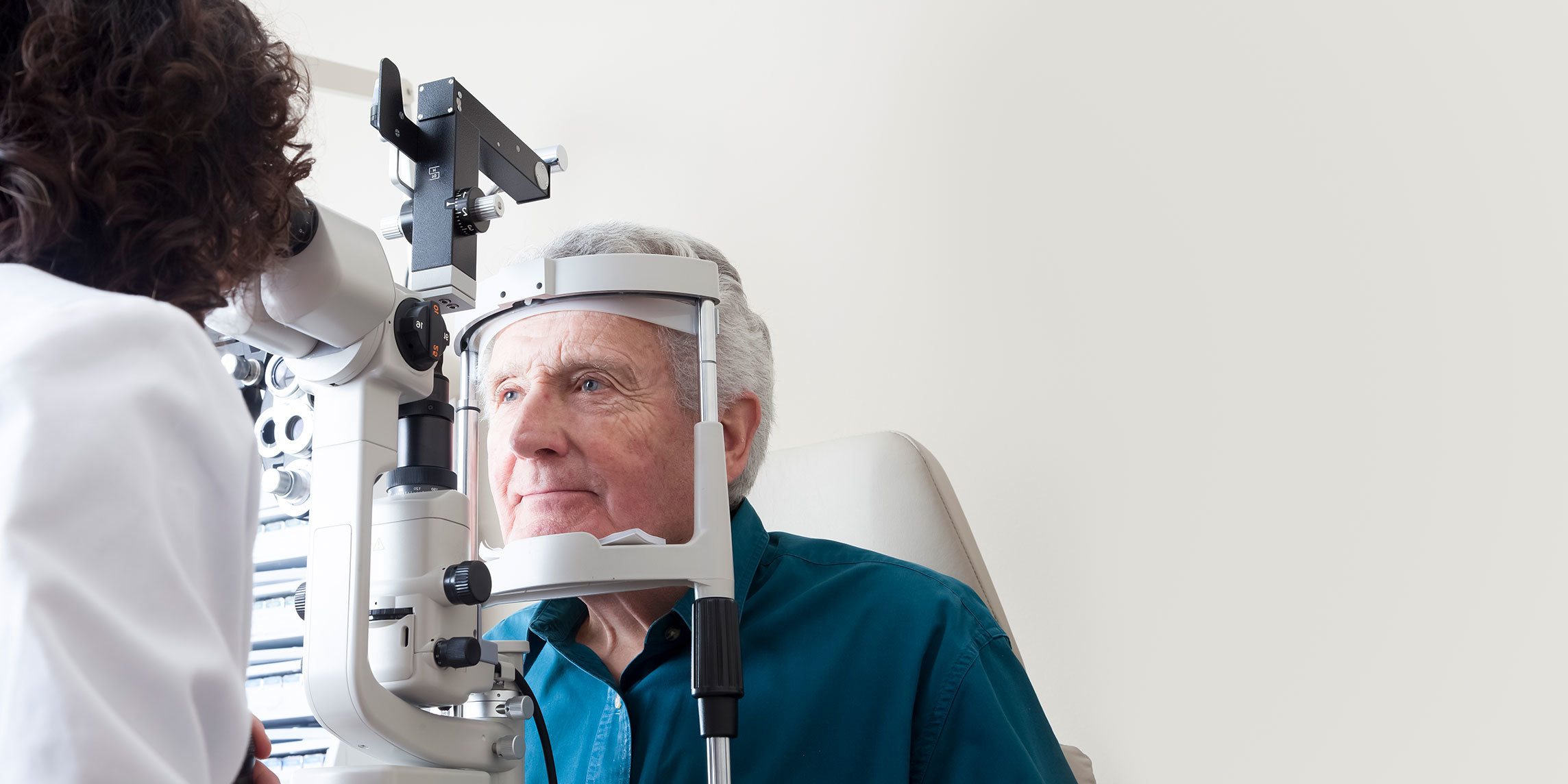About Ocular Myasthenia Gravis
Myasthenia gravis is caused by a defect in the transmission of nerve impulses to muscles. It occurs when normal communication between the nerve and muscle is interrupted at the neuromuscular junction, the place where nerve cells connect with the muscles under their control.
Normally, your nerves send a signal to muscles using a chemical called acetylcholine, which tells the muscle when to move. In patients with myasthenia gravis, the body’s immune system mistakenly interferes with the muscle’s acetylcholine receptors. Ocular myasthenia gravis is specific to muscle weakness of the eyes, but myasthenia gravis can affect other parts of the body. In some cases, ocular myasthenia gravis can become generalized as other muscles become affected.
Symptoms of Ocular Myasthenia Gravis
The degree of muscle weakness involved can vary greatly among patients.
Symptoms of ocular myasthenia gravis may include:
- Double vision
- Drooping eyelids
- Trouble focusing
Risk Factors for Ocular Myasthenia Gravis
There are no known risk factors for myasthenia gravis. People who have a family history of myasthenia gravis may be at greater risk to get the disease.
Treating Ocular Myasthenia Gravis
A careful eye exam and additional tests may be used to determine if you have ocular myasthenia gravis. Treatment depends on which muscles are affected as well as the extent of the muscle weakness. Your healthcare provider will work with you on determining the best course of action. Your ophthalmologist is well-versed in the most current, evidence-based treatment recommendations, which may include lifestyle adjustments, medications, or in some cases surgery.
Care Team Approach at UT Health Austin
At UT Health Austin, we take a multidisciplinary approach to your care. This means you will benefit from the expertise of multiple specialists across a variety of disciplines. Your care team will include fellowship-trained neuro-ophthalmologists, ophthalmic technicians, physician assistants, nurse practitioners, social workers, and more who work together to help you get back to the things in your life that matter most to you. We also collaborate with our colleagues at the Dell Medical School and The University of Texas at Austin to utilize the latest research, diagnostic, and treatment techniques, allowing us to identify new therapies to improve treatment outcomes. We are committed to communicating and coordinating your care with your other healthcare providers to ensure that we are providing you with comprehensive, whole-person care.
Learn More About Your Care Team

Mitchel and Shannon Wong Eye Institute
Health Transformation Building, 1st Floor
1601 Trinity Street, Bldg. A, Austin, Texas 78712
1-833-UT-CARES (1-833-882-2737)
Get Directions